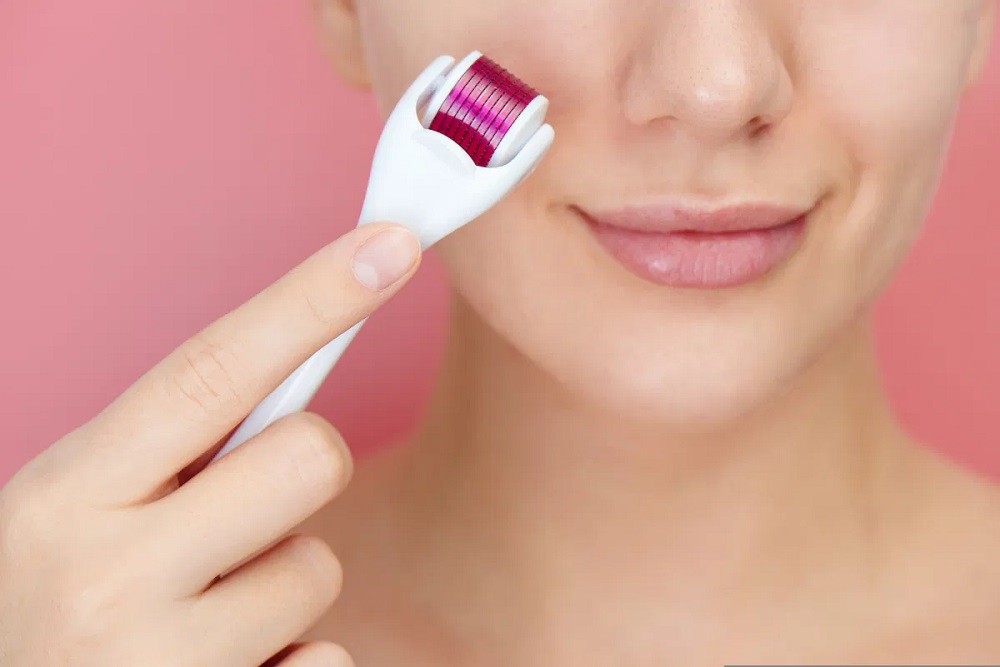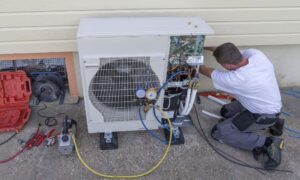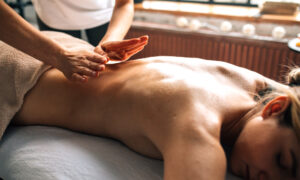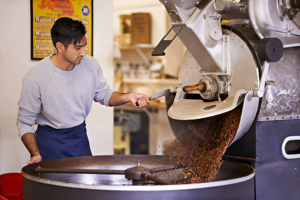
Micro needling is comparatively a newer concept, and it comes with multiple benefits wrapped in it.
Here are some of the primary benefits of microneedles.
Painless and Minimally Invasive
Compared to traditional hypodermic needles, the minimal degree of invasiveness is the most powerful advantage of microneedle. When needle length and width are measured in microns, the skin damage caused by each needle is minimal.
This Has Additional Advantages:
- Recovery is faster.
- Microbial organisms are less likely to enter the body through needle holes.
- Bleeding is less likely.
The size of the wound and the risk of infection have a direct relationship with wound healing. The shallower the depth and the faster the recovery, the smaller the wound.
Reduced Risk Of Unintentional Exposure
Despite the professional diagnosis, treatment, and nursing care, healthcare workers may be affected by accidental injury or occupational exposure. The most invasive procedures increase the risk of sharp instrument injury or exposure to exposed skin and mucous membranes.
This is done by allowing contact with the patient’s blood, body fluids, and secretions, as well as medical waste. In diagnosis and treatment, the most common exposure injury among healthcare workers is needle injury. By reducing reliance on traditional needle use, self-injecting an MNP may reduce medical risk exposure.
Medical Costs Are Reduced
The workload of healthcare workers reflects the medical burden in some cases. For effective and efficient medical behavior, a smaller workload is required. To receive a simple injection treatment, a patient must first make an appointment, then arrange and purchase drugs, pay for medical services and related supplies, wait in line, and finally receive their injection.
The use of a microneedle entails a one-time cost of teaching self-administration. If no complications arise, a long period of autonomous treatment is guaranteed. Using this smart device instead of subcutaneous injection saves time and allows healthcare workers to focus on more complex interventions.
Other Benefits
- In terms of production, the MNP method is more cost-effective. MNPs are highly stable, as previously stated, because they require a drying procedure during fabrication, resulting in increased stability.
- Indirectly, this eliminated the need for cold chain storage and specialized transportation systems, which significantly impacted developing countries where such facilities may be scarce.
Besides, in developing countries, the reuse of hypodermic needles is a persistent problem. The majority of MNPs are disposable medical products that do not generate sharp bio-hazardous waste, so there should be less medical pollution.







